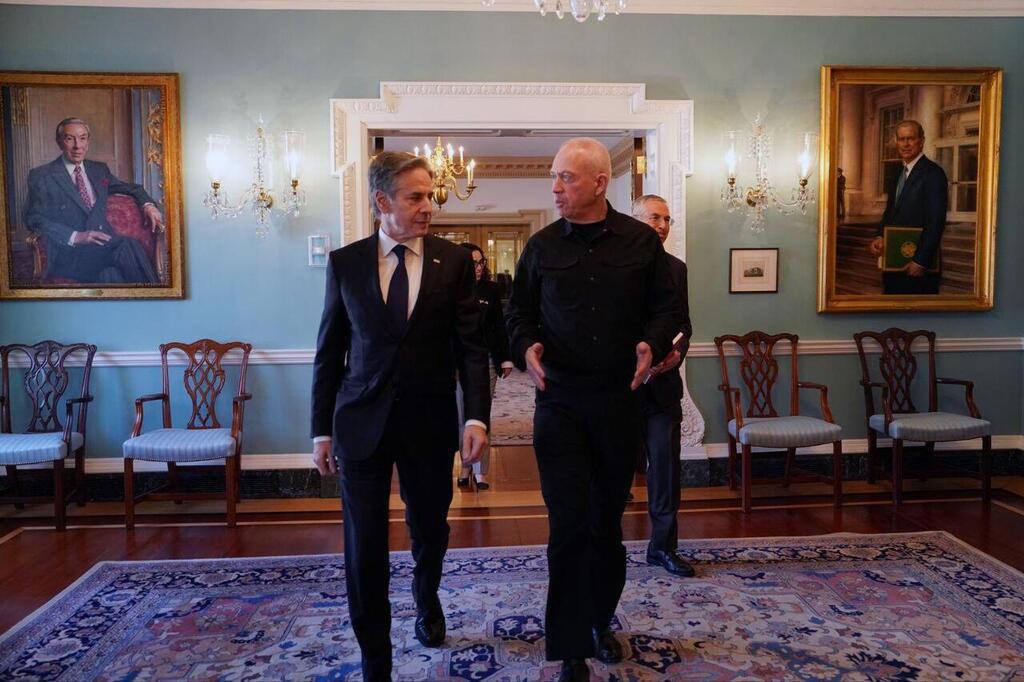Getting your Trinity Audio player ready...
The Biden administration has decided not to impose sanctions on IDF's Netzah Yehuda battalion although it had determined that the soldiers involved had committed "gross human rights violations" against Palestinian civilians in the West Bank, ABC News reported on Friday. They would therefore remain eligible for U.S. military aid because of steps taken by the military, to address the problem, the network said.
Although the decision of the administration has not yet been announced, ABC News said that it was outlined in an undated letter from Secretary of State Antony Blinken to House Speaker Mike Johnson, that was seen by the network.
The U.S. determination "will not delay the delivery of any U.S. assistance and Israel will be able to receive the full amount appropriated by Congress," Blinken wrote. "The Israeli government has presented new information regarding the status of the unit and we will engage on identifying a path to effective remediation for this unit," he said in his letter. "But this will have no impact on our support for Israel's ability to defend itself against Hamas, Iran, Hezbollah, or other threats."
Blinken said last week that sanctions were being considered under the so-called Leahy law. "This is a very important law, and it’s one that we apply across the board. I think it’s fair to say that you’ll see results very soon,” he said.
An official told Ynet that the decision to avoid sanctioning the Haredi battalion may have been made after Israeli leaders from across the political spectrum appealed to the administration to reconsider their position and after the Israeli public response over such a move during war.
2 View gallery


שר הביטחון יואב גלנט עם מזכיר המדינה של ארה"ב אנתוני בלינקן
(צילום: אריאל חרמוני, משרד הביטחון)
Responding to the Israeli appeals and avoiding sanctioning the battalion, could have further implications including an American veto, should the International Court of Justice (ICJ) decide to issue warrants to arrest senior Israeli officials, including Prime Minister Benjamin Netanyahu, Defense Minister Yoav Gallant and Chief of Staff Herzi Halevi. The prosecutor at the ICJ would likely not move to issue such warrants without a green light from Washington.
In a relevant decision, Netanyahu agreed to allow a visit of Hamas Nuchba terrorists imprisoned in Israel, by an Israeli judge and two judges from the UK to ensure their rights were not being violated. This decision was a result of Israel's effort to convince the British government and the international community that Israel was respectful of international law, and to avoid being subjected to an arms embargo.



